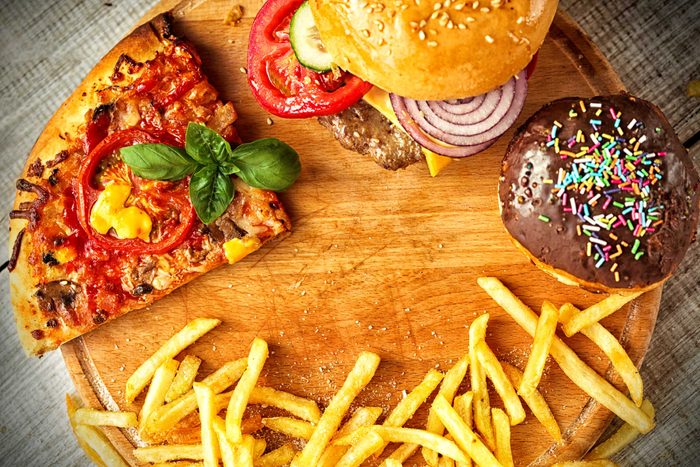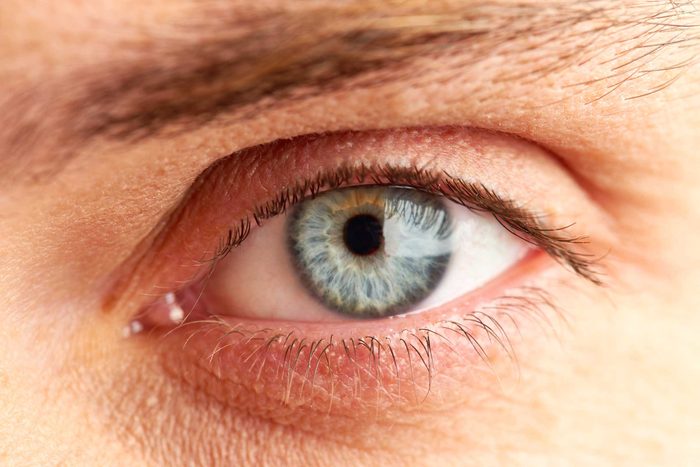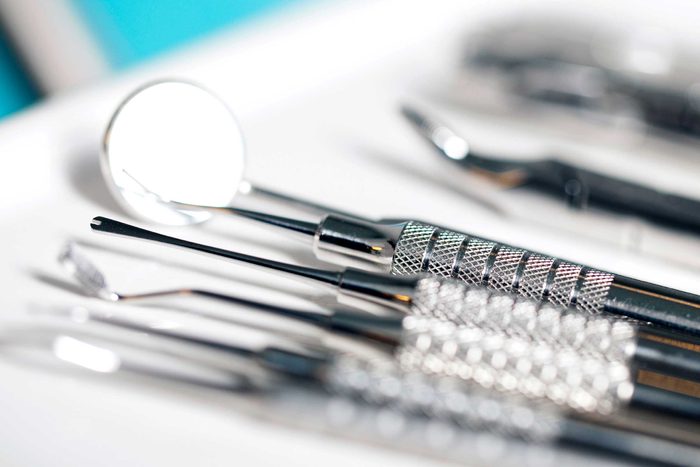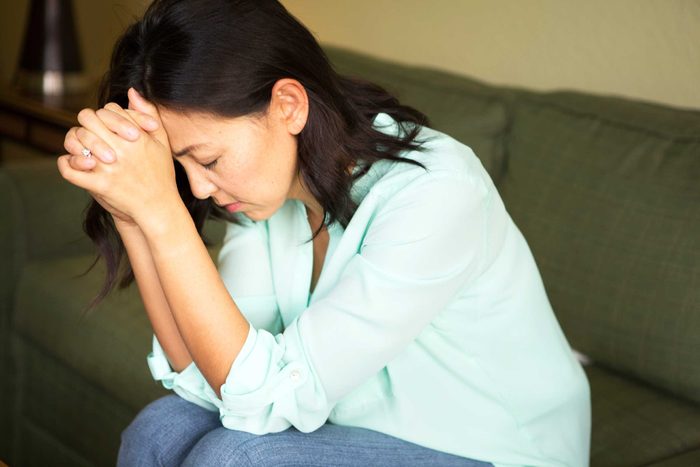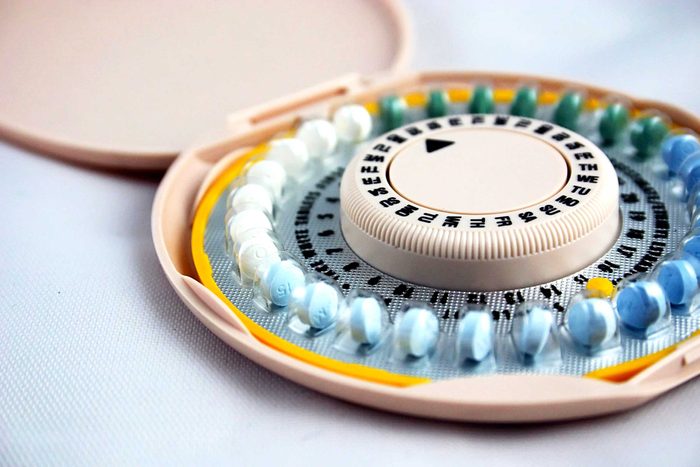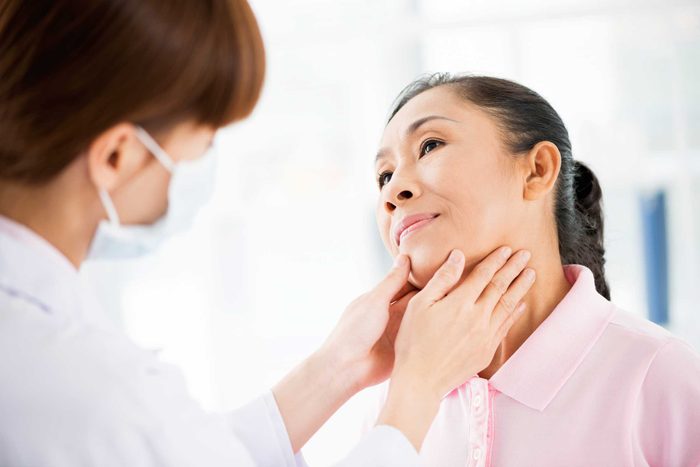You could use more SPF protection
Have dry, brittle hair that breaks easily? Consider how much time you’re spending outside. Too much sun exposure can dry and damage hair, especially in people with blonde or grey locks. Plus, if you have thin hair, your scalp is prone to sunburn. When you’re outside, wear a hat with sun-protective fabric that has a UPF (ultraviolet protection factor) of 30.
You’re eating too much junk food
A diet packed with highly processed foods can lead to a mane that’s dull or thin. Without a balanced diet, the body transports whichever nutrients it can get to your heart and other crucial organs, leaving your hair behind. Focus on colourful whole foods (yes, fruits and veggies). If your hair is slow to grow, you could be low on protein, the main building block of hair. Squeeze in two to three servings of protein each day through foods like meat, chicken, eggs, fish, tofu, whole grains, and nuts.
Your perfectionism is getting out of control
Literally pulling your hair out? This could suggest a perfectionist personality, according to a study in the Journal of Behavioral Therapy and Experimental Psychiatry. When perfectionists don’t meet their own impossibly high standards, they cope with the frustration and dissatisfaction by pulling at the hair, brows, or even lashes, according to researchers. This particular behaviour is a compulsive disorder known as trichotillomania. Cognitive behavioral therapy can help by teaching other strategies for dealing with stress.
You’re prone to dental issues
People with hair disorders due to mutations of the hair protein keratin-say, anagen hair syndrome, in which hair pulls out easily-have a high risk of cavities, according to a study in the Journal of Clinical Investigation. Keratin is an essential building block for both your hair and tooth enamel, and mutations of the protein also result in a softer tooth surface that is susceptible to bacteria and decay. If you have a known hair disorder, it’s best to take steps to be extra vigilant about dental health (such as flossing daily and scheduling regular dental visits).
You’re incredibly stressed
You naturally lose about 80 to 100 hairs per day. But if you notice shedding that’s out of the ordinary, it could be telogen effluvium-a period of hair thinning caused by psychological and physical stressors (think an illness, pregnancy, or depression). Luckily, this is completely reversible, but it can be tricky to determine what caused the shedding since the shift isn’t noticeable until three to six months after the stressor takes place.
You’re adjusting to new birth control
As your body responds to hormones from birth control pills, hair can appear finer, drier, and less shiny. This may be particularly noticeable if you dye your hair regularly. Since dry hair absorbs color faster, the exact same colour job may have different results from your last appointment. Because birth control pills can cause hair thinning, the American Hair Loss Association recommends people with a strong predisposition for genetic hair loss to talk to their doctor about a non-hormonal form of birth control.
You need to be vigilant about eye health
Whether or not blondes really have more fun, they need to be extra protective of their eyes in the sun. According to a classic study in the journal Ophthalmology, people with blonde hair and blue eyes produce less of the protective pigment melanin than brunettes do. This makes blondes more prone to age-related macular degeneration-the leading cause of irreversible vision loss in U.S. adults ages 50 and over. No matter what colour your hair is, it’s a good idea to always protect your eyes from sunlight exposure by wearing sunglasses.
You could have thyroid issues
If your thick locks are suddenly thinning, ask your doctor about your thyroid, the master gland that controls the endocrine system and affects hair growth. It could be a sign of hypothyroidism, a condition in which the thyroid gland doesn’t produce adequate hormones. These are other silent signs of a thyroid problem. Hair thinning could also be linked to a hormonal imbalance related to polycystic ovarian syndrome (PCOS), which impacts how a woman’s ovaries function. This can lead to excessive hair shedding and thinning on the scalp, especially in people who have a genetic predisposition, according to the Mayo Clinic.
This article originally appeared on RD.com.
Related:
• The Truth About Female Hair Loss
• 20 Things Your Skin Says About Your Health
• 3 Steps to Healthy, Shiny Hair

